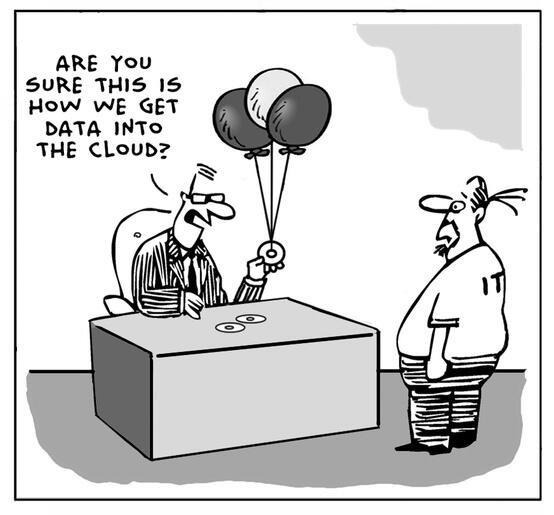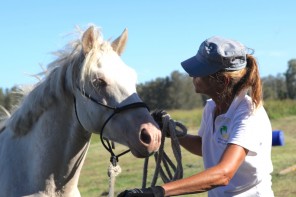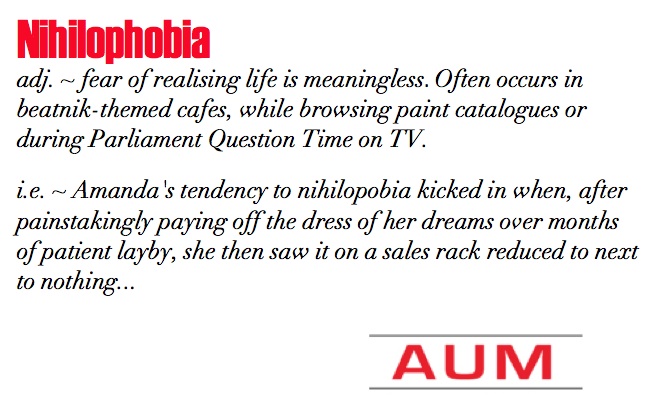As we well and truly head into 2016 Tom Hain suggets it’s time to take a moment to consider some of the latest technological implications of our digital lives.
Just think about this for a minute: Pretty well no one has physical picture albums any more, all our precious photos are ephemeral ones and zeros, viewed on phones and computer screens, occasionally streamed to our TVs. Ditto music. When did you last buy a CD? Or rent a DVD.
None of this revolution in content consumption is a problem in itself but it requires a change in our awareness paradigm to ensure that we aren’t caught out. The world is moving towards an all encompassing digital reality so it’s something that has to be engaged, understood and absorbed into your life practice.
It’s easy to understand photos or music when you have a physical object in your hands. If you lose that object you lose the music or the memory. It used to be common for someone to say “I’ve lost my address book, please let me know your address and phone number”. Or “where is that CD (or resume, or photo) I’ve misplaced it?” But now nothing is physical, all is digital with the pros and cons of binary data.
Binary means everything is combinations of 1’s or 0’s. Everything. Video, music, images. The more complex the data the more ones and zeros to represent it. Computers are simply computing those billions of ones and zeros into a form that we can comprehend: an image of the grandchildren, or a YouTube video, a manuscript of a novel or a passport application. The nature of binary data means it’s really easy to store any type and amount of data be it video, documents, music or images.
It’s easily stored and just as easily lost into the ether.
Part of our attraction to the modern digital world is the simple ‘everything available all the time’ nature of it. The lost address book is a thing of the past, it is so simple to have your address book synching across your several devices rather than a physical book — although I still hear of people losing their friend’s contacts.
As long as you make sure you understand these implications of digital data, if not the technology behind it, all will be well. There are said to be only two types of people using computers — those who have lost data and those who will lose data.
Your data is your responsibility.
A computer or phone manufacturer will replace a faulty device but the critical stuff, the data on it, is important only to you, the user of the device. The good news is that it is very easy to store and save your data as long as you heed a few simple rules of the digital paradigm:
* you must have at least two copies of your data.
* you are only as safe as your most recent backup.
* backups have to be running all the time as a seamless aspect of modern life, not an occasional task to be performed when you remember.
* having more than one backup is good practice.
So what is a backup? Assuming your data is based on a computer then the backup is a complete mirror copy of the computer onto another storage device, usually an external hard-drive. If the computer dies then it’s data has died with it but you have a copy on the backup drive. Whew, breathe a sigh of relief and recover the data onto your new computer.
Usually your smartphone will be backed up onto the computer as well which is then a part of the computer backup. Modern computers let you backup to several external hard drives so you can have more than one backup. You can take one of these with you wherever you roam so you have a copy of your digital life with you at all times.
But can’t we just backup to the Cloud? This is a question I hear regularly nowadays. What is cloud backup? The ‘cloud’ is just a computer, probably based in another country, belonging to a company like Google or Apple who allow you some space on it to store your data. It’s all very well as a secondary backup but not as your main backup for obvious reasons: you have no control over the computer. If it dies and your data is lost they will apologise and wash their hands of you! They also have access to your data for marketing purposes with all the privacy implications that implies.
Another essential aspect of the cloud backup is that unless you are on the NBN fast broadband network or in a metropolitan area with cable internet then forget it. We have a lot of data so backing it up takes too long on old ADSL 2 or the equivalent. Hundreds of gigabytes of data costs plenty to store. Most cloud services give you maybe 10GBs free then you pay for excess amounts. I have almost 120GBs of music and 40GBs of pictures so my cloud storage would be huge. Much simpler to have multiple physical backups. If you are one of the fortunate ones on the NBN then it makes sense to use a cloud backup as well as a physical hard drive.
The pro is that your data is digital and easy to save, move around and share.
The con is that it is easy to delete or lose and it’s only you who can safeguard it.
Also realise that your data is big, getting bigger and will continue to grow as long as you live.
Be careful, protect your precious data. Make sure that you have more than one copy of it at all times.







